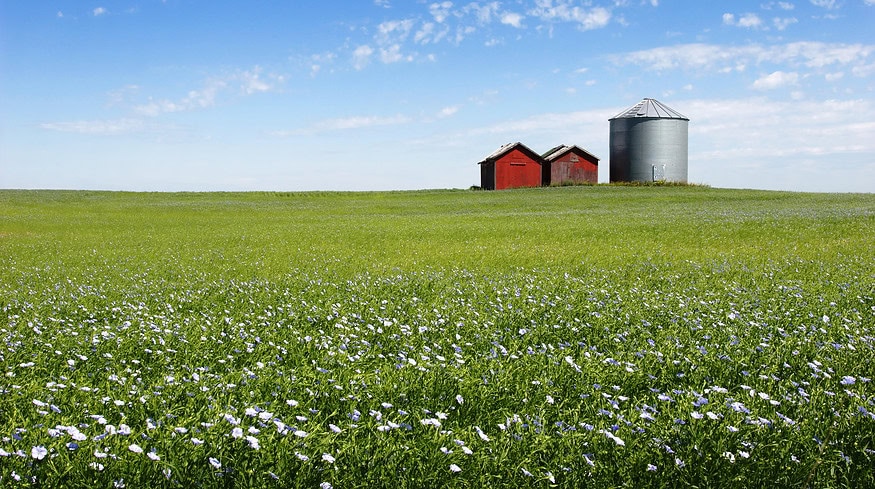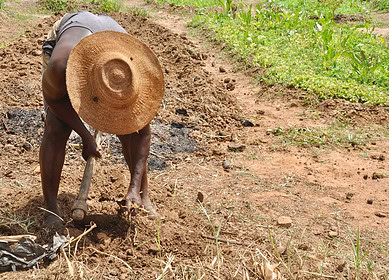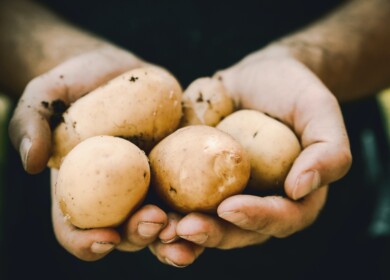El Niño’s prolonged impact shapes 2024 crop choices

As the strong El Niño phenomenon is expected to persist through 2024, Scott Chalmers, an Applied Research Specialist for Manitoba Agriculture in Canada, emphasizes the need for farmers to adapt their crop selection in response to the increasingly dry and warm weather conditions. Chalmers, who works in the Melita area, suggests a shift towards drought-tolerant crops such as corn, wheat, canola, sunflower, millet, and sorghum, especially for livestock feed. This change contrasts crops like soybeans, which have shallower roots and prefer wetter conditions.
The recent snowfall across the region has brought some relief to farmers, who vividly recall the challenging dry growing season of 2023. Chalmers expresses hope for significant snow accumulation to replenish moisture reserves, stating that the ground, parched from previous dry conditions, would be well-prepared to absorb even substantial snowmelt without risking flooding.
Chalmers also offers practical advice for cereal crop producers. He advocates the use of nitrification inhibitors to preserve fertilizer in arid conditions. These inhibitors can prevent fertilizers from evaporating, potentially reducing fertilizer costs by up to 30%.
With the release of the 2024 Manitoba Seed Guide, Chalmers will be available to discuss best farming practices for the upcoming growing season. He will be present at the Manitoba Ag Crop Diversification WADO booth during AgDays, scheduled for January 16-18 at the Keystone Centre in Brandon. Farmers and interested individuals are encouraged to visit the booth for insights into what will be planted in the 2024 test plots and to discuss adapting to the ongoing climate challenges.
Enjoyed this story?
Every Monday, our subscribers get their hands on a digest of the most trending agriculture news. You can join them too!















Discussion0 comments